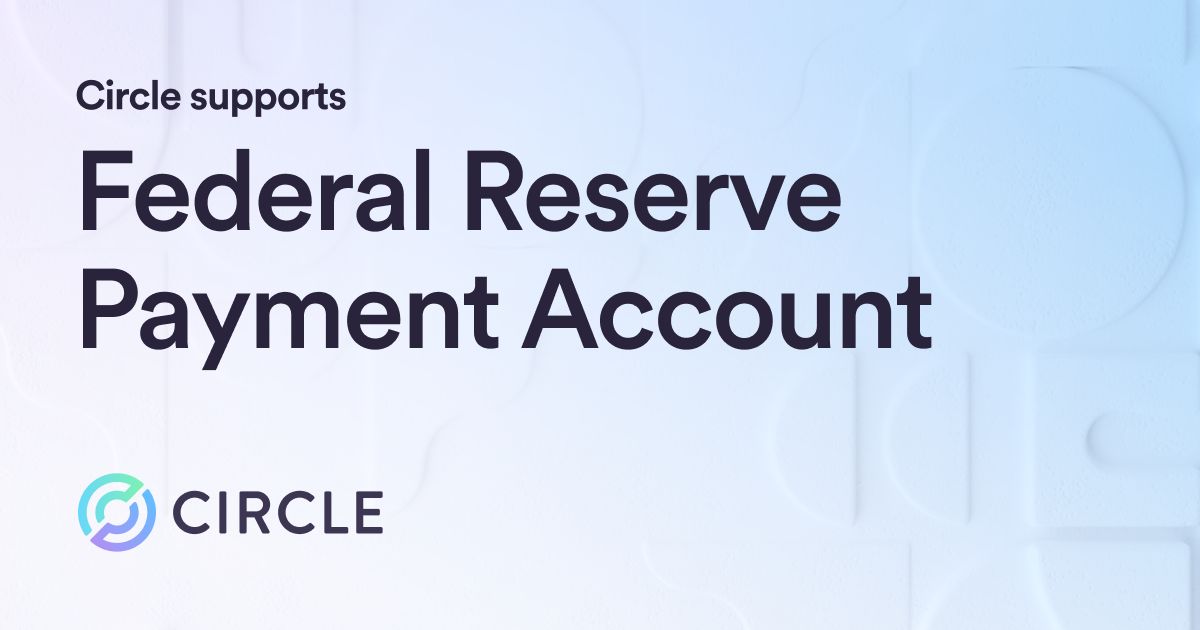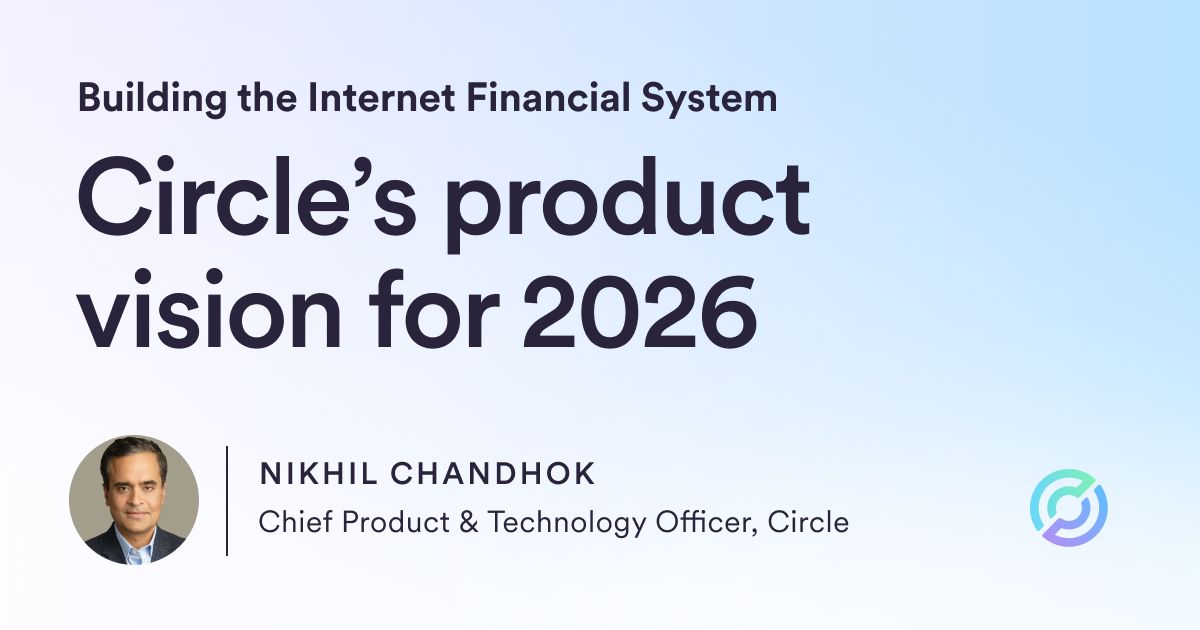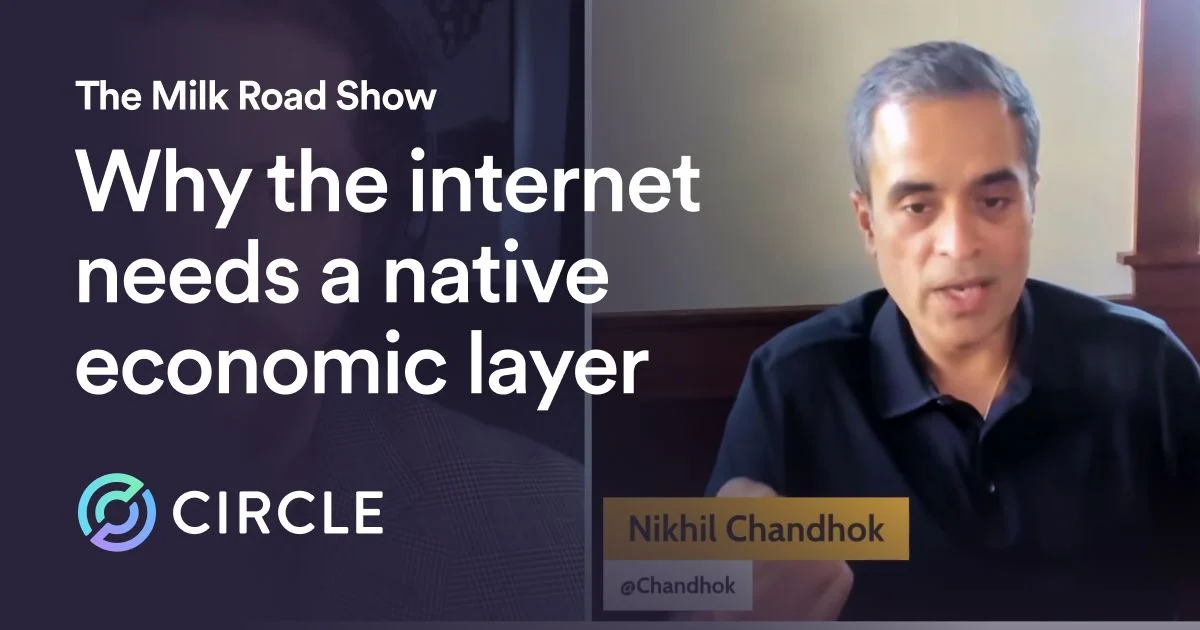Circle believes digital currencies have the ability to create an inclusive global economy. See how we brought this mindset to the WEF!

During this year’s World Economic Forum in Davos, Switzerland, Circle helped advance a crucial dialogue with global leaders around the power of crypto and dollar digital currencies —such as USDC — to raise financial inclusion and accessibility around the globe. Through a series of panel discussions and community moments, leaders from Circle and other major institutions noted significant recent strides toward achieving these goals and outlined concrete steps the financial industry can take to turn this promise into reality. Here’s a quick look back at some of these conversations.
The first discussion, “The Inclusive Future of Web3: Financial Services Designed by & for Women” was hosted by Circle Chief Operating Officer Elisabeth Carpenter and featured panelists: Danelle Dixon, head of the Stellar Development Foundation, Sheila Warren who is the CEO of the Crypto Council for Innovation, Janet Foutty who is the Executive Chair of the Board for Deloitte US, Jennifer Lassiter who is the Executive Director of the Digital Dollar Project. The panelists agreed that digital assets — with near-instant settlement speeds and sub-penny transaction costs — have the potential to empower billions of people around the world to pursue financial independence. These assets can be key as we continue to create a more open and inclusive global economy.
As Carpenter explained, World Bank data shows that more than a billion women globally still lack access to the financial system. And more than 70% of women-owned, small and medium-sized businesses around the world have limited to no access to financial services. According to Carpenter, the digital asset economy has the potential to level the playing field and facilitate frictionless transactions across borders and around the world. Other panelists reiterated the belief that the transparent, merit-based and decentralized nature of blockchain technology will open the door for more women than ever before to successfully pursue financial independence.
Dante Disparte, Circle’s Chief Strategy Officer & Head of Global Policy, also weighed in through a panel discussion and op-ed on web3’s potential and to help accelerate today’s “economic creative destructive cycle.” Disparte notes the key evolution of this generation of the internet: “Whereas the entanglements of Web1 and Web2 made people products by monetizing their data and socializing losses, Web3 strives for equilibrium, enabling people to read, write and own their digital bread crumbs.” Although Disparte believes that many of the entrenched traditional financial institutions will protect their self-interests and the status quo, the new generation has the incredibly rare opportunity to reach out to nearly 2 billion people who are unbanked and lack access to the traditional economy.
Remittance payments illustrate how digital assets have the potential to uplift billions of people around the world by facilitating seamless financial transactions. During the last two years of economic slowdown and quarantining around the globe, remittance payments have been a pressing topic for financial leaders. Disparte’s panel discussion focused on humanitarian aid and development, featuring Raj Kumar, the founding President and Editor-in-Chief at Devex, Sheela Patel who is the Chair of the Board of Slum Dwellers International, and Kennedy Odede, who is the Founder of Shining Hope for Communities. Panelists noted that global remittances were approximately $700bn before the COVID-19 pandemic.
But as the pandemic caused closures and restricted the ability of international workers to access traditional higher-priced money transfer services, global remittances shrank nearly $200bn over the last two years. Dollar digital currencies on open blockchains have the power to revolutionize global remittances by lowering prices and facilitating near-instant transfers.
Read: How Web3 will level the playing field and unlock income equality
The drop-off in global remittances was also top-of-mind for Jeremy Allaire, Circle CEO and Co-Founder. According to Allaire’s panel discussion, “Remittances for Recovery: A New Era of Digital Money” the ability for the diaspora population to support their families from afar should not be considered a luxury in the modern economy. Panelists believe the ability to openly and inclusively transmit digital assets with a basic internet connection should be available to all, and that web3 and companies like Circle have the unique ability and responsibility to help support it.
For Allaire, this belief in the widespread ability to transmit value in the form of dollar digital assets across borders to loved ones is part of Circle’s founding story. The internet enables people to connect with each other more than ever before. Global communications can be virtually free and nearly instant. Global remittances have the ability to leverage this internet architecture to transmit value to loved ones and societies in times of crisis, while greatly reducing transaction times and costs. Allaire’s belief in the ability to transfer money globally at internet scale, at low cost is Circle’s mission.
Our global financial system is undergoing a fundamental shift as traditional definitions of financial inclusion, representation and value transmission adapt to the more inclusive nature of web3 and the burgeoning digital asset economy. Circle and USDC are proud to be leaders in this evolution. As we look back on an inspiring week in Davos, we are more encouraged than ever to help build a more open and inclusive financial future.





